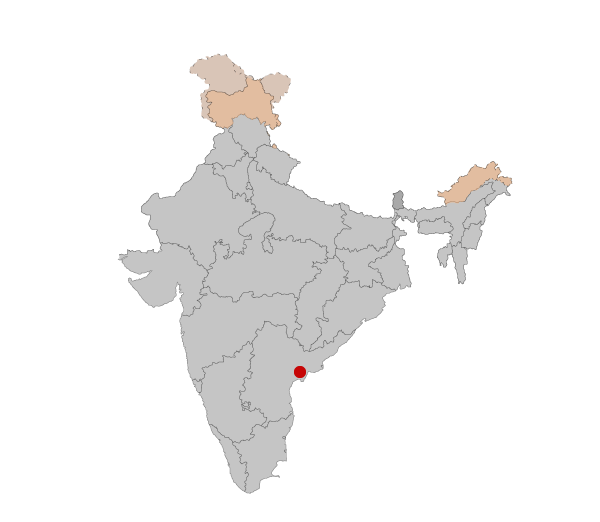
L was a carpenter, as hinted by the wooden planks and pieces of wood stacked by his front door. He lived with his wife, two children, his parents and two other relatives who helped him with his job as a carpenter and contributed to the household income. We arrived to meet him at Raksha Bandhan (literally translating to ‘protective bond’) where sisters tie bright strings onto their brothers’ wrists as a way of reminding them of their protective duties. L’s house was therefore filled with people who had come to celebrate Raksha Bandhan with him. He also mentioned that we don’t have streetlights but instead we have a cell tower there (Pointing to a gigantic tower which is within 500 meters distance from their house).
L had built his own furniture and had also installed some woodwork in the house, as pointed out by his children who ran through the house in a fit of excitement about their father’s work. The area L lived in had no streetlights, instead they were in bizarrely close proximity to a huge cell tower barely 500 meters away.
Explaining his position in the hierarchy of Indian society, L said, “We are next to the brahmin community in terms of social/caste hierarchy but we are categorised as a backward class community. Now what’s interesting here is that even after being recognised as BC we will not get any reservation or additional support because, to be precise, we fall under the BC (B) category. This category is not eligible for any reservations. Now, we are neither recognised as per our social hierarchy nor are we given benefits for being categorised as backward class. That’s the irony.”





























